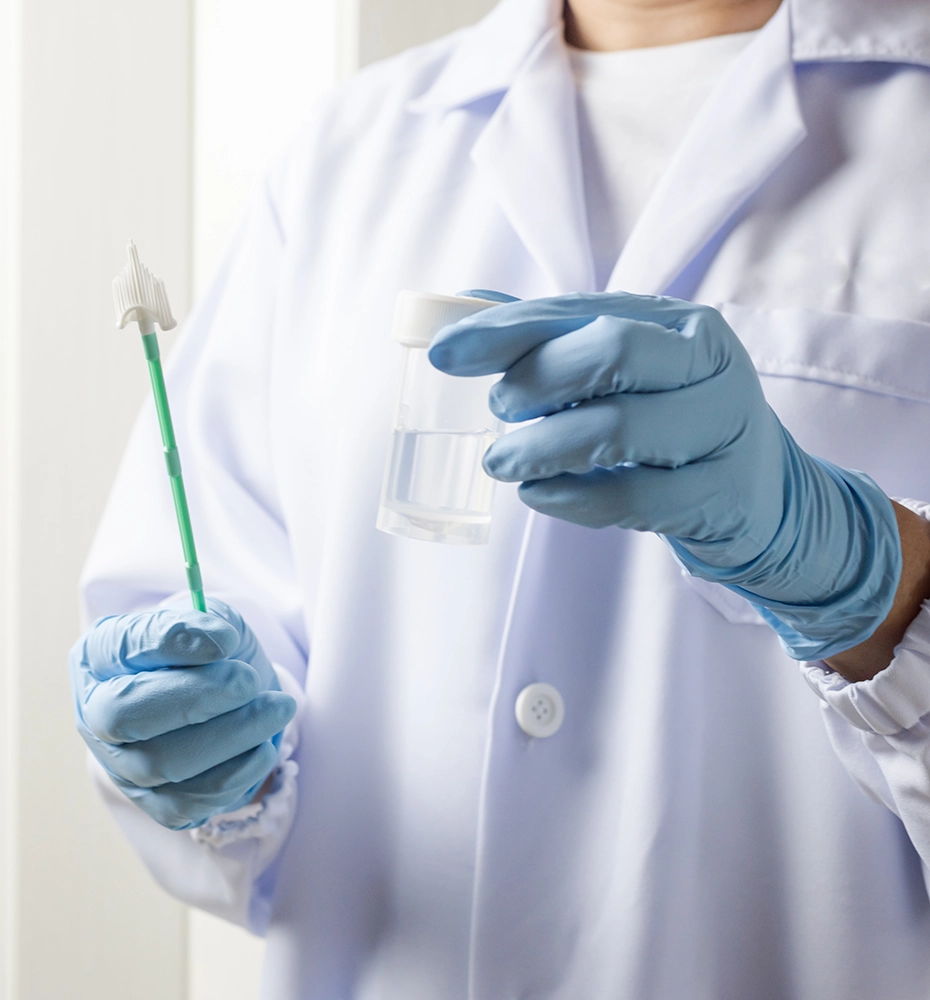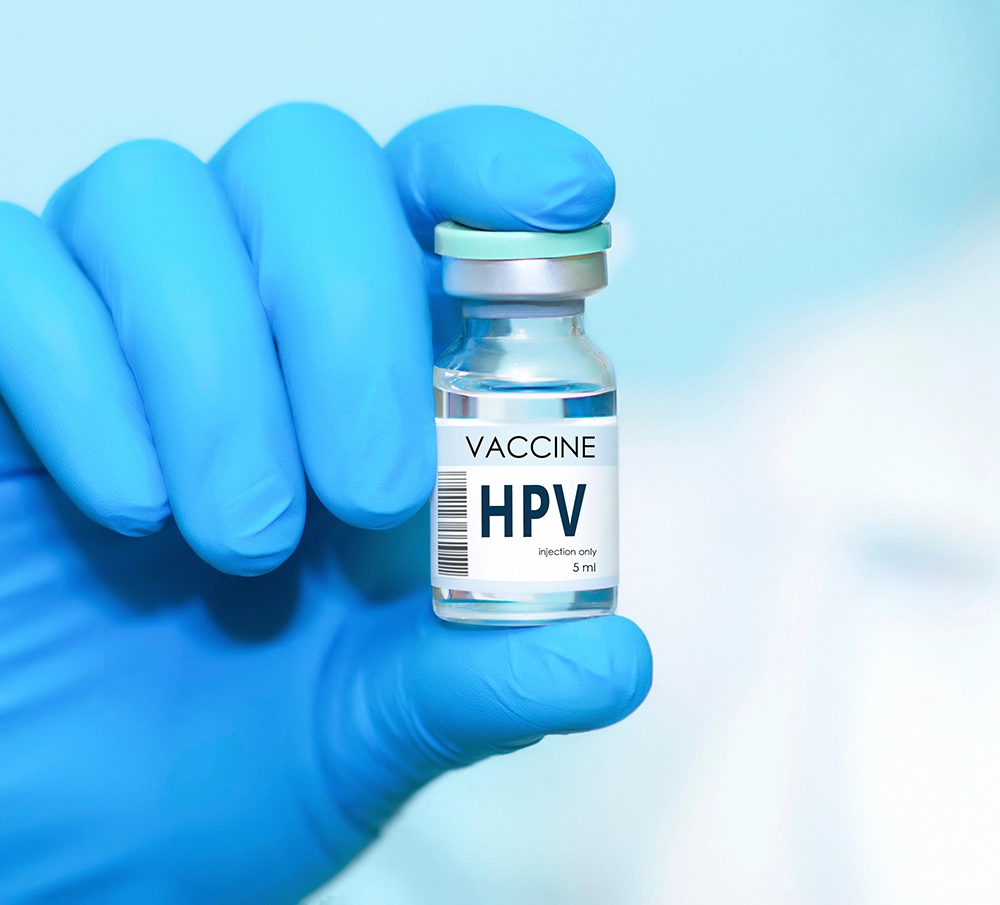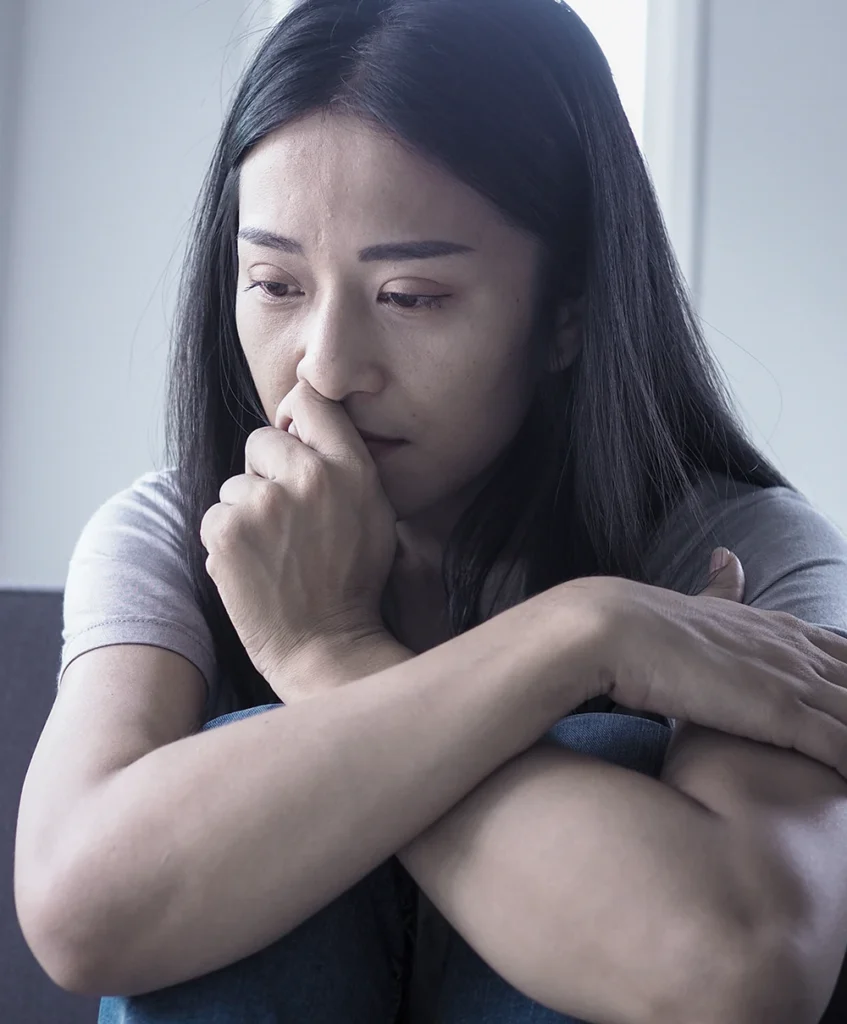For women, wellness isn't just about physical health but also mental and emotional well-being. They should start becoming more aware of their wellness throughout adulthood, but some health concerns become increasingly important as they age. A holistic approach that includes regular screenings and other measures can help women lead healthier lives.
Let's explore key steps that can ensure women's wellness.

Women's Health and Wellness Clinic in Singapore at Pacific Women's Clinic
For women, wellness isn't just about physical health but also mental and emotional well-being. They should start becoming more aware of their wellness throughout adulthood, but some health concerns become increasingly important as they age. A holistic approach that includes regular screenings and other measures can help women lead healthier lives.
Let's explore key steps that can ensure women's wellness.
Women should monitor their cardiovascular and reproductive health. High blood pressure or hypertension is a common cause of heart disease, and women’s risk increases with age. Routine blood pressure checks can aid in the early detection of hypertension and guide towards treatment.
Cholesterol levels should also be checked regularly, particularly after age 40. Having high cholesterol can put individuals at risk for heart disease and stroke, so managing your cholesterol through diet, exercise, and medications, if necessary, is important for overall wellness.
Older women have a heightened risk of developing osteoporosis, a condition characterised by weakened bones, making them more prone to fractures. A bone density test is typically recommended for women aged 65 and older or for those with risk factors such as a family history of osteoporosis, smoking, or excessive alcohol consumption.

At our women’s health clinic, we provide discreet and thorough sexual health screening services to help you stay on top of your reproductive wellness. Regular screening is essential, even if you don’t have symptoms, as many sexually transmitted diseases (STDs) can go unnoticed until complications arise.
We offer a safe, non-judgmental space where you can get tested for common STDs. Our STD testing include checks for:

Cervical cancer is common but can be preventable by vaccine. The HPV vaccine effectively prevents the strains of the cancer-causing human papillomavirus (HPV). The HPV vaccine is advisable for children at age 11 and 12, but it can also be given up to the age of 26 for adults who have not yet been vaccinated.
While it’s essential for girls to receive the vaccine, it’s equally important for boys to be vaccinated as well. This is because HPV is a sexually transmitted infection, and both males and females can be carriers of the virus.


Women’s wellness is a lifelong journey. Your health needs evolve over time, and our women’s health clinic will support you through every chapter. From regular health screenings and early cancer prevention to managing menopause, maintaining a holistic approach to wellness is key.
We provide a welcoming, supportive environment for teens and young women navigating puberty, irregular periods, acne, and emotional health changes.
Whether you’re actively trying to conceive or want to explore your birth control options in Singapore, we’ll guide you through your choices.
As you approach midlife, hormonal changes can affect your physical and emotional well-being. We offer comprehensive support for menopause symptoms and early cancer prevention.
Book an appointment with us and take the first step toward better wellness.
A women’s wellness check-up is a routine health screening that includes a review of your medical history, physical examination, blood pressure and BMI checks, Pap smear, breast examination, and possibly a pelvic exam.
Depending on your age and risk factors, your doctor may also recommend blood tests, mammograms, or bone density scans. These check-ups help in early detection of health conditions and support preventive care throughout different stages of life.
Yes, women’s clinics provide comprehensive contraception and family planning services. You can receive guidance on the various contraceptive options available such as contraceptive options such as oral contraceptive pills, intrauterine devices (IUDs), implants, or injectable contraceptives,, based on your health, lifestyle, and future plans.
The doctor will help you choose the most suitable method and can also support you in planning for pregnancy when the time is right.
Copyright © 2026 Pacific Healthcare Specialist Centre (Women's Clinic)